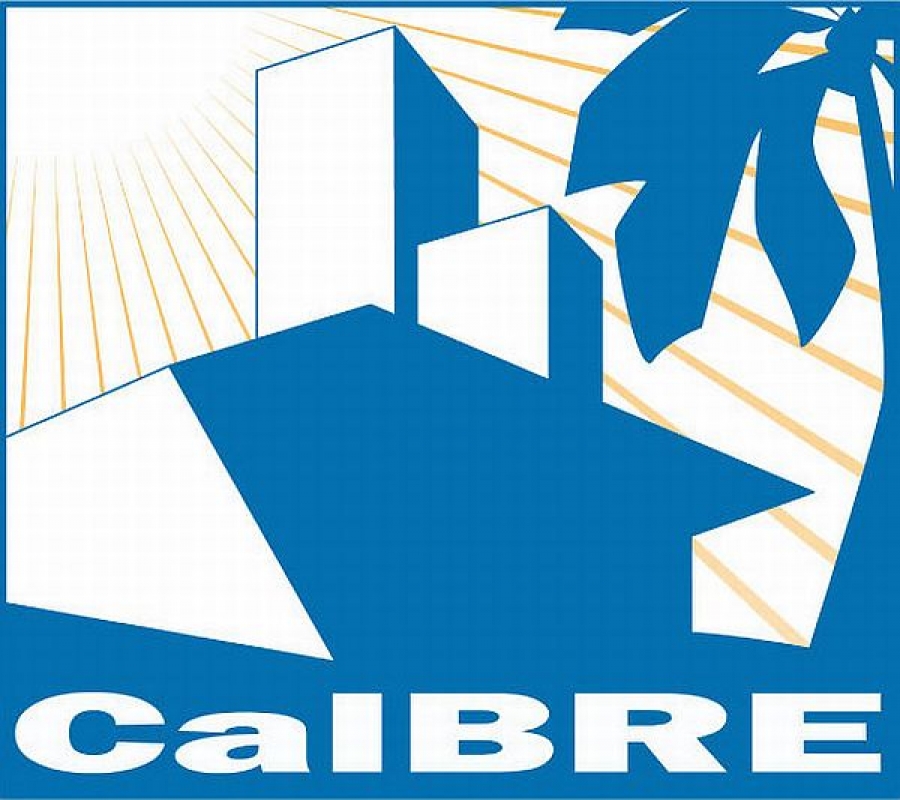Many people have learned that it is one thing to go to court and obtain a judgement against someone; to collect is quite another matter. The legislature and the Bureau of Real Estate (BRE) know this too, and that is why the Recovery Account, often referred to as the "recovery fund", was established.
The BRE states it this way: "The Recovery Account is a fund of last resort for a member of the public who has obtained a final judgment against a real estate licensee based on fraud or certain other grounds and who has been unable to satisfy the judgment through the normal post-judgment proceedings."
A variety of requirements must be met in order to have a valid claim against the Recovery Account. They are set forth in the Business and Professions Code (Section 10470 and following.)
(1) A final judgment must already have been obtained, either in court or through an approved arbitration procedure. That is, one does not go to the account in order to argue the merits of the case itself.
(2) The claimant must already have pursued collection efforts against the judgment debtor, and, in situations where it is appropriate, against "all other persons liable to the claimant in the transaction that is the basis for the underlying judgment." One does not obtain the judgment and then proceed directly to the Recovery Account.
(3) The judgment debtor must have been a real estate licensee at the time the underlying transaction occurred. Although this requirement seems simple enough, it has sometimes been an occasion for dismay. For example, suppose the judgment debtor's license had been expired at the time of the transaction, or that the person never had a license in the first place -- that he was an imposter -- the Recovery Fund could not pay on the claim.
(4) The judgment debtor must have been performing acts for which a real estate license was required. The judgment must have been based on a real estate transaction. You couldn't go to the Recovery Fund because a real estate licensee had stolen your car.
(5) Not only must the acts have been related to a real estate transaction, but also they must have involved fraud, misrepresentation, deceit, or a conversion of trust funds. This is a very specific requirement, and was confirmed in an appellate court decision (Yergan v. Department of Real Estate, California Second District Court of Appeal, January 25, 2000). In that case, the judgment was based on negligence and breach of duty. The court upheld the DRE's refusal to pay a Recovery Account claim, because the judgment was not based on fraud.
By today's standards the Recovery Account is not a very deep pocket. The code sets forth a limit of $50,000 payment for any one transaction, and $250,000 for the total of claims against any one licensee.
Funding for the Recovery Account is derived from real estate license fees. If the account drops below $200,000 the commissioner is authorized to add seven dollars onto every broker's license fee, and four dollars to that of each salesperson. The real estate commissioner is also authorized to transfer funds from the general real estate fund into the account as deemed necessary.
The overwhelming majority of real estate Recovery count cases have to do with mortgage fraud and conversion of trust funds. As we have seen, the application of Recovery Account funds is strictly limited. It doesn't solve all the problems, but it has provided a lot of help over the years. Since its inception in 1964, the Recovery Account has paid out in excess of $50 million to claimants.
Bob Hunt is a director of the California Association of Realtors®. He is the author of Real Estate the Ethical Way. His email address is This email address is being protected from spambots. You need JavaScript enabled to view it..








